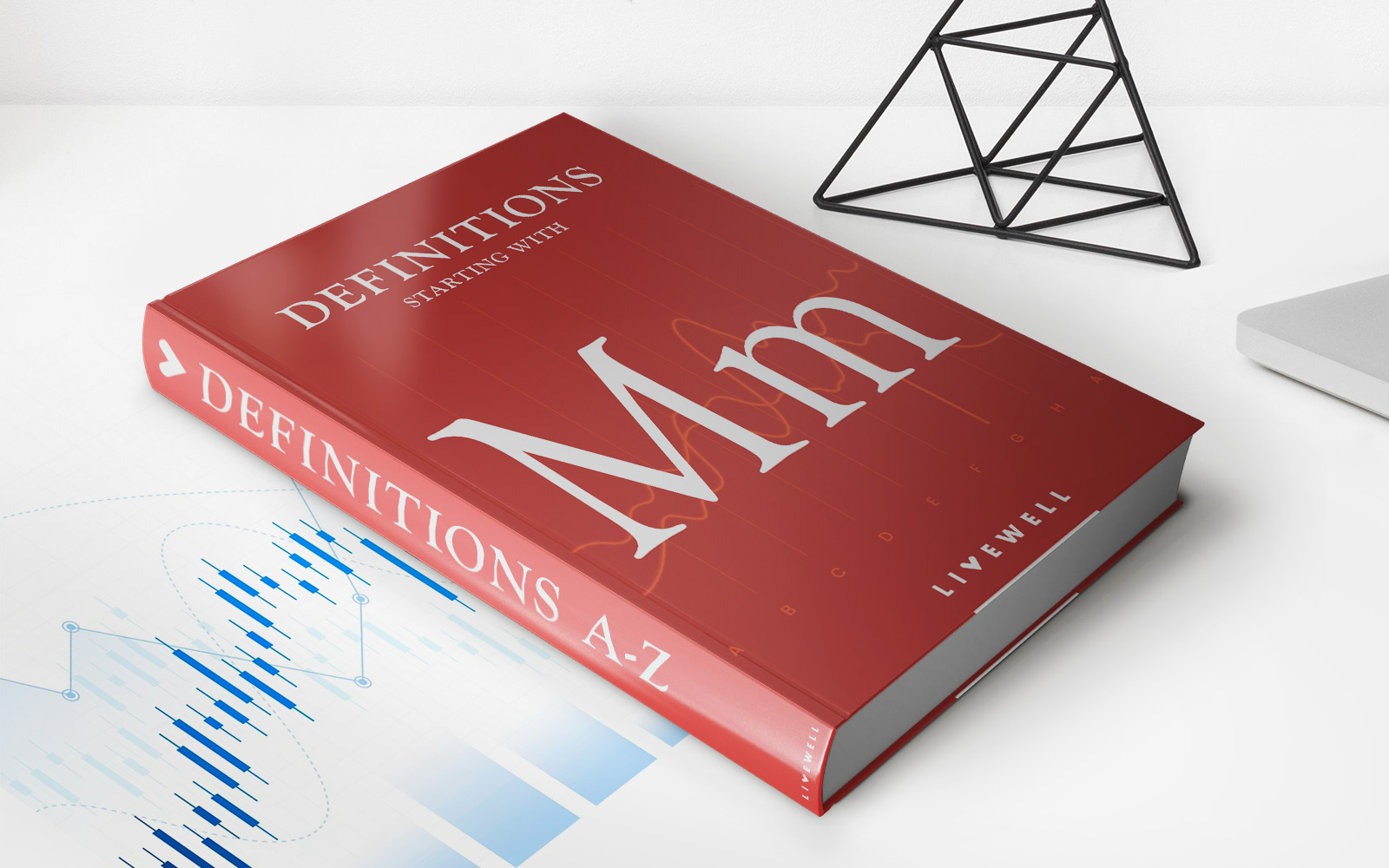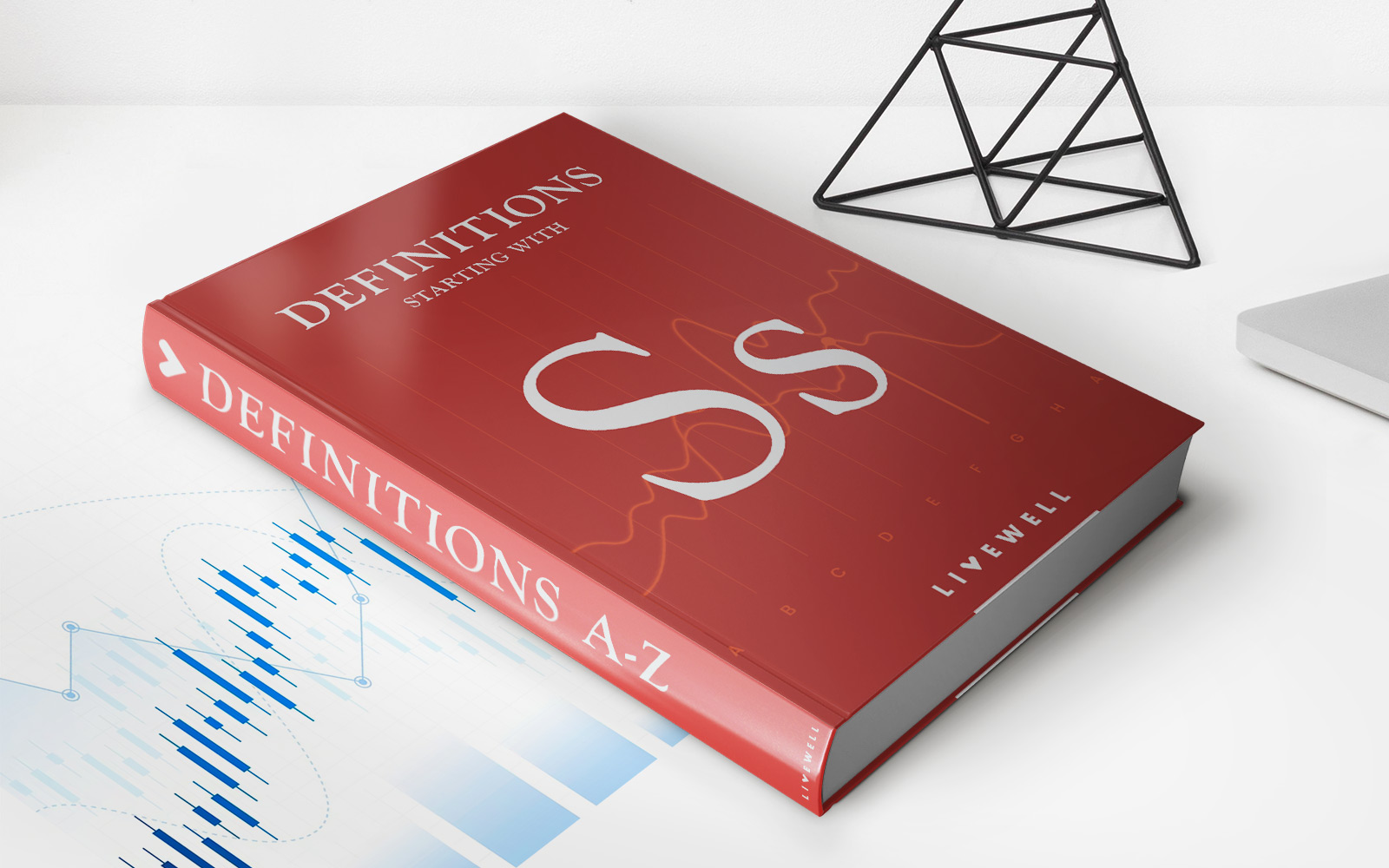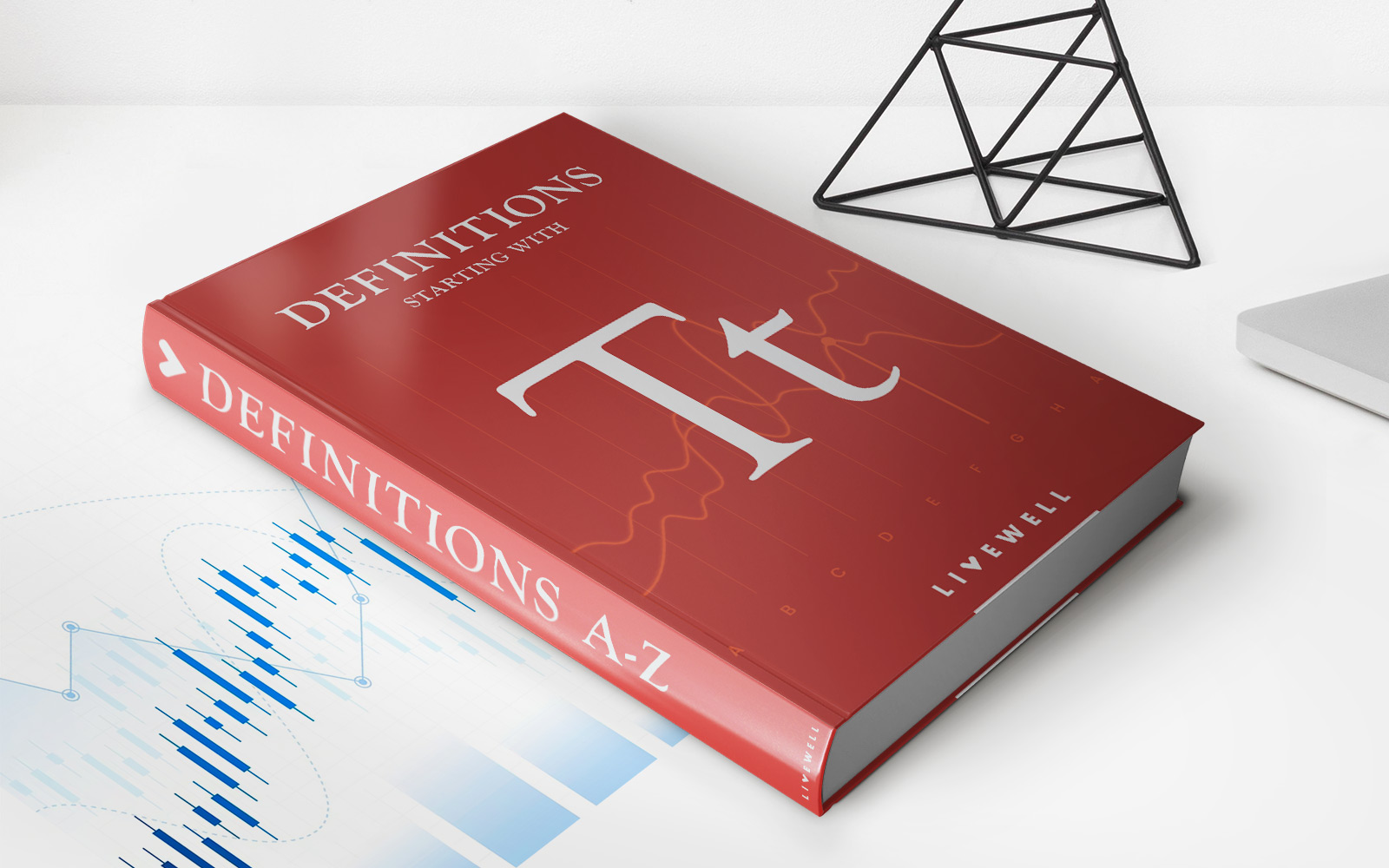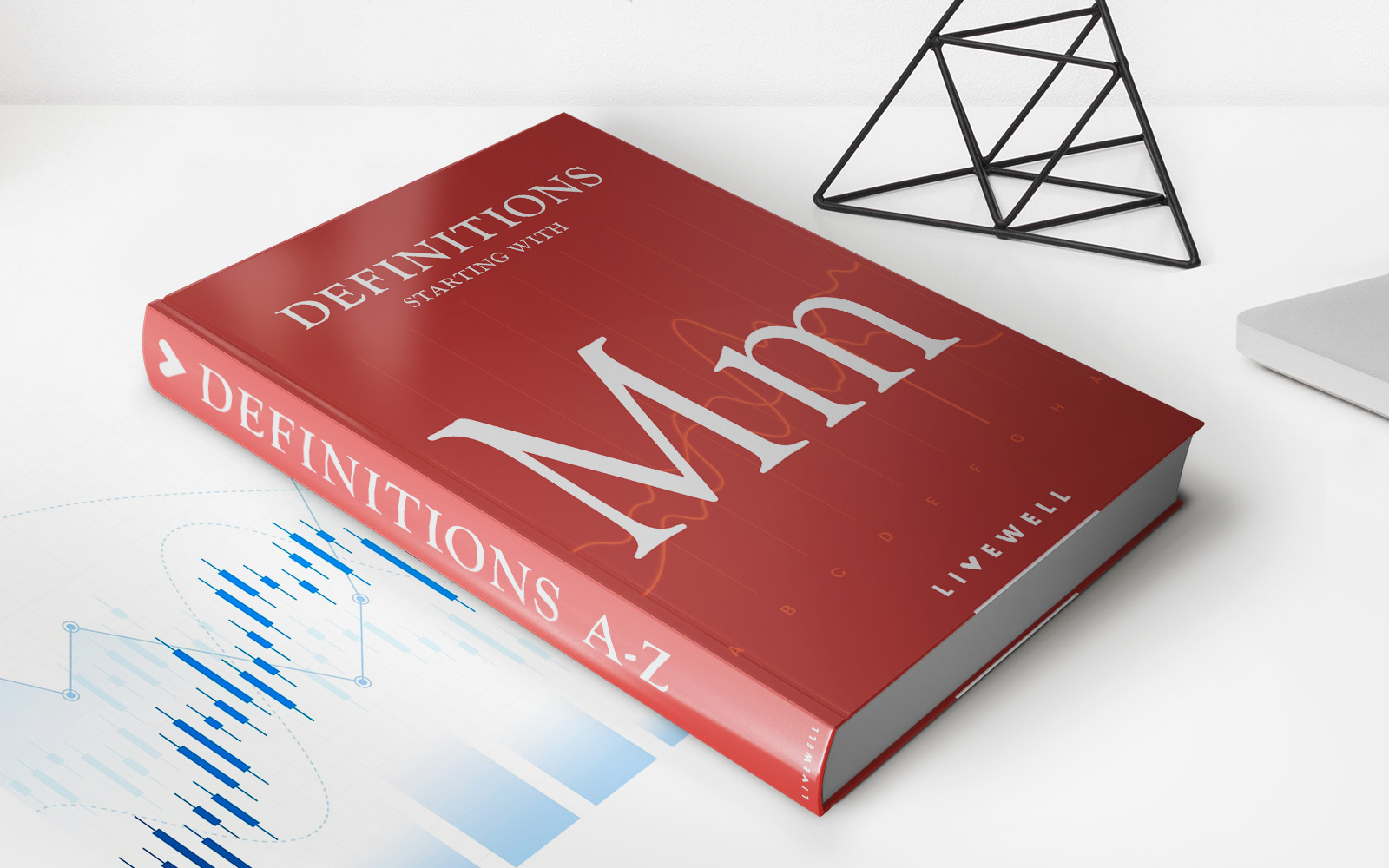Home>Finance>Minimum Balance: Definition, Requirements, And Margin Accounts


Finance
Minimum Balance: Definition, Requirements, And Margin Accounts
Published: December 25, 2023
Learn about the definition and requirements of minimum balance in finance, as well as how it relates to margin accounts.
(Many of the links in this article redirect to a specific reviewed product. Your purchase of these products through affiliate links helps to generate commission for LiveWell, at no extra cost. Learn more)
Minimum Balance: Definition, Requirements, and Margin Accounts
When it comes to managing your finances, understanding the concept of minimum balance is crucial. Whether you’re opening a new bank account or investing in the stock market, maintaining a minimum balance is often a key requirement. In this article, we will dive deep into the world of minimum balance, discussing its definition, requirements, and how it relates to margin accounts.
Key Takeaways:
- Minimum balance is the lowest amount of money you must keep in your account to avoid fees or penalties.
- Margin accounts allow investors to borrow money from their brokers to buy more securities than they can afford outright.
Understanding Minimum Balance
First and foremost, let’s start with the definition. Minimum balance refers to the minimum amount of funds required to be maintained in a bank account to avoid certain charges or penalties. These charges can vary depending on the financial institution and the type of account you hold. It’s essential to understand this requirement to make informed decisions about your finances.
Minimum balance requirements vary from bank to bank and can be influenced by factors such as the type of account, account activity, and the account holder’s status (e.g., student, senior citizen). It’s important to note that minimum balance requirements can change over time, so it’s crucial to stay updated with the terms and conditions of your account.
The Significance of Minimum Balance
Meeting the minimum balance requirement of your account is essential for several reasons. Here’s why:
- Avoiding fees and penalties: Maintaining the minimum balance will help you steer clear of unnecessary fees or penalties that may be imposed by your financial institution. These charges can significantly eat into your account balance, making it essential to stay above the required threshold.
- Access to additional benefits: Some accounts offer additional benefits like higher interest rates, waived ATM fees, or cashback rewards if you maintain a certain minimum balance. By meeting this requirement, you can take full advantage of these perks and optimize your financial experience.
- Building credibility: Consistently maintaining the minimum balance showcases responsible financial behavior to lenders, which can be beneficial when applying for loans or credit cards. It demonstrates your ability to manage and maintain your accounts effectively.
Minimum Balance and Margin Accounts
Now, let’s touch on how minimum balance relates to margin accounts. A margin account is an investment account that allows investors to borrow funds from their brokers to purchase securities. When using a margin account, a minimum balance is vital to ensure that you don’t fall below the required level of equity in your account.
In a margin account, you’ll often need to meet a minimum balance known as the “maintenance margin.” This amount is calculated as a percentage of the total value of the securities held in your account. If the value of your account falls below the maintenance margin, you may receive a margin call from your broker, requiring you to deposit additional funds to restore the balance.
It’s important to note that margin accounts involve a level of risk, and understanding the minimum balance requirements is essential to manage this risk effectively. Taking the time to educate yourself about these requirements and staying updated with market fluctuations can help you make informed decisions when using margin accounts.
In Conclusion
Minimum balance requirements play a significant role in managing your finances. From bank accounts to margin accounts, meeting the minimum balance ensures you avoid unnecessary fees, access additional benefits, and build credibility with lenders. Take the time to review and understand the terms and conditions of your accounts to stay on top of your financial obligations.














